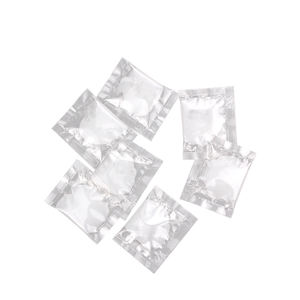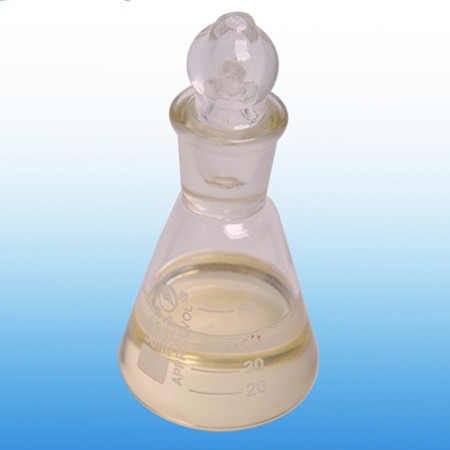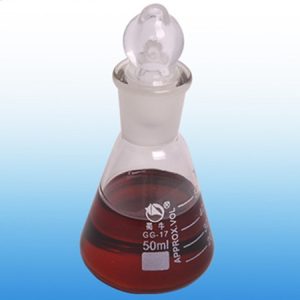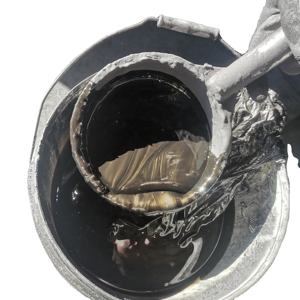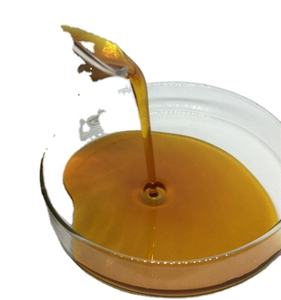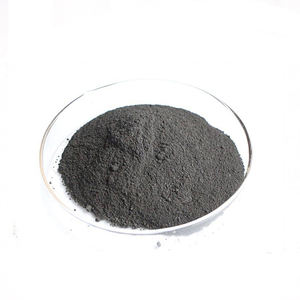One-stop lubrication solution | Discover the way to smoothness | Infomak
Title: Hydraulic Heroes: Your Overview to Industrial Oil Power Players
(Lubricant Whole Iso 32 46 68 100 Industrial Oil Hydraulic Oil)
Blog: .
Equipments work hard. They raise. They push. They draw. They transform. Think of the large arm on an excavator excavating a foundation. Think of journalisms forming steel components in a factory. Picture the heavy doors opening smoothly on a storage facility loading dock. All these effective motions need something important inside. They require lifeline. That lifeblood is hydraulic oil. It’s greater than just slippery stuff. It’s the hidden hero making commercial muscular tissue possible. Let’s satisfy these essential fluids: Industrial Hydraulic Oils, particularly the common ISO viscosity qualities like 32, 46, 68, and 100. Understanding them keeps your machines running solid and smooth.
1. Just What is Industrial Hydraulic Oil? .
Industrial Hydraulic Oil is an unique lube. It’s developed for one primary job: power transfer in hydraulic systems. Hydraulic systems make use of fluid under pressure to develop pressure and activity. Think of it like this. You push down on a small piston. The oil transfers that push. It relocates through pipelines. It pushes a much bigger piston somewhere else. This creates a large pressure from a small effort. Hydraulic oil makes this magic take place. Yet it’s not just any kind of oil. It’s engineered to take care of high pressure. It stands up to breaking down. It protects metal components inside pumps, valves, and cyndrical tubes from wearing. It combats rust and corrosion. It assists maintain the system tidy by putting on hold little fragments. It likewise works well across various temperature levels. It’s the vital fluid powering plenty of makers in factories, construction sites, ranches, and mines. Without it, hefty machinery just quits.
2. Why Thickness Issues: ISO 32, 46, 68, 100 Described .
Thickness is important. It’s exactly how thick or thin the oil is. Envision pouring honey versus water. Honey pours gradually. It has high viscosity. Water puts quickly. It has reduced thickness. Hydraulic systems require oil with the right viscosity. Also thick? The oil streams slowly. The pump has a hard time. It throws away power. Parts might not obtain adequate oil promptly. This causes wear. Too thin? The oil can’t develop a solid enough movie. It leaks past seals more conveniently. Metal components massage with each other. This likewise triggers wear. The ISO numbers (32, 46, 68, 100) inform us the oil’s thickness grade. A lower number like ISO 32 implies thinner oil. It streams simpler, good for winter or high-speed pumps. A greater number like ISO 100 means thicker oil. It’s far better for high temperatures or systems needing a stronger film under hefty lots. ISO 46 is typically the happy medium. It’s a really common choice for numerous general commercial hydraulic systems. ISO 68 is additionally commonly utilized. It offers a bit much more film toughness. Picking the right ISO grade is crucial. It makes certain effective operation. It maximizes devices life. The maker always defines the required viscosity grade. Utilize it.
3. Just how to Pick the Right Hydraulic Oil for Your Device .
Picking the appropriate hydraulic oil isn’t guesswork. The incorrect oil can damage your tools quick. Right here’s the easy means to choose right. First, check out your maker’s guidebook. The supplier understands finest. They specify the precise type and ISO thickness quality required. This is your beginning point. Never ever overlook it. Second, consider your operating atmosphere. Is it extremely cool? A lower viscosity oil like ISO 32 might be much better. It moves less complicated when points are cool. Is it very hot? A higher thickness oil like ISO 68 or 100 might hold up far better. It will not thin out way too much. Third, think about the system pressure. Higher stress systems usually need oils with unique ingredients. These additives safeguard against wear under extreme pressure. Fourth, think about the sort of pump. Different pump styles (vane, piston, gear) can have details oil requirements. Fifth, search for high quality. Choose trusted brand names. Try to find oils satisfying sector criteria like ISO 11158 or hullabaloo 51524. These guarantee the oil has the appropriate performance residential or commercial properties. Good hydraulic oil might set you back a little bit more ahead of time. It conserves you cash long term. It stops failures. It minimizes fixing bills. It maintains your device running longer.
4. Trick Applications: Where Hydraulic Oils Power Industry .
Industrial Hydraulic Oils are almost everywhere heavy job obtains done. They are the muscular tissue behind the scenes. Let’s see where they run. Building websites depend on them heavily. Excavators utilize hydraulic oil to dig and lift. Bulldozers utilize it to push earth. Cranes utilize it to raise enormous loads. Without hydraulic power, building anything huge would certainly be extremely sluggish. Factory are another major individual. Injection molding machines need hydraulic oil to secure mold and mildews closed. Presses use it to shape metal parts. Assembly line robots typically use hydraulics for specific motions. On the farm, tractors use hydraulic oil for raising rakes and operating accessories. Integrates usage it for numerous functions. Mining procedures depend on it. Huge dump vehicles utilize hydraulic oil for lifting their large beds. Boring rigs utilize it for effective features. Even points like garbage vehicles, forklifts, and airplane touchdown equipment depend on hydraulic fluid. Anywhere you require solid, controlled force from a small system, hydraulic oil is most likely the key player. The best ISO grade lube maintains these vital equipments relocating.
5. Hydraulic Oil Frequently Asked Questions: Your Top Questions Answered .
People typically ask comparable features of hydraulic oil. Right here are clear responses.
1. Can I mix various ISO grades or brands of hydraulic oil? Stay clear of blending ideally. Different oils have various additive bundles. Blending can often cause problems. It might decrease performance. It might even create sludge. If you have to top up and the specific oil isn’t available, use the same ISO quality from a reputable brand. Yet obtain the proper oil in soon. Never mix various ISO grades. A thinner oil (like ISO 32) mixed with a thicker one (like ISO 100) will not do as either should.
2. Just how typically should I transform my hydraulic oil? There’s no single response. It relies on the equipment. It depends on how difficult it functions. It relies on the operating problems. Always follow the manufacturer’s suggested solution periods. Also, test the oil routinely. Oil analysis checks for contamination, use metals, and thickness breakdown. It informs you exactly when the oil needs changing. Do not simply presume.
3. What color should hydraulic oil be? New hydraulic oil is generally clear or light brownish-yellow. It can dim with use. This is regular. It happens as ingredients job and it puts on hold tiny particles. Very dark oil, or oil that looks milky (water contamination), or smells charred requirements interest. Obtain it checked.
4. Is hydraulic oil the like engine oil? No. They are different. Engine oil battles burning byproducts like acids and residue. Hydraulic oil concentrates on power transfer, wear security under stress, and standing up to compression. Making use of engine oil in a hydraulic system can cause significant damages. Utilize the best oil for the task.
(Lubricant Whole Iso 32 46 68 100 Industrial Oil Hydraulic Oil)
5. Just how should I keep hydraulic oil? Keep it clean and completely dry. Store drums inside ideally. Keep them off the ground. Use tidy, devoted funnels and containers. Constantly keep the bungs tight. Water and dust are the most significant adversaries. Infected oil damages hydraulic systems quickly. Great storage space practices protect your investment.
